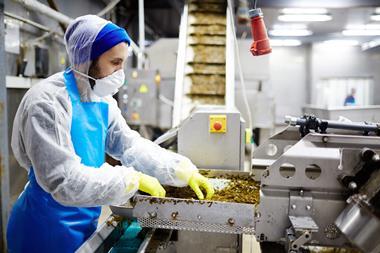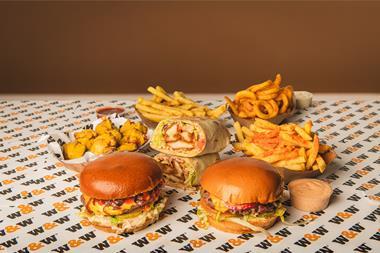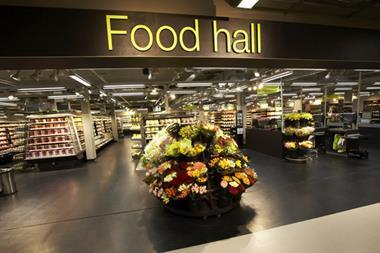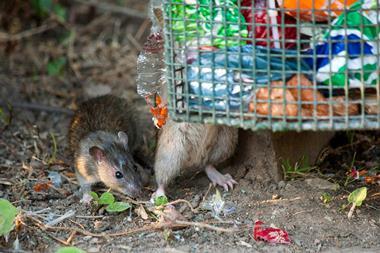Convenience store owners face the same pressures as the multiples to promote healthier foods but many are reluctant to act because they don't believe there is the same demand as in larger stores, where consumers do their weekly shops.
While demand for healthier products and fruit and vegetables has climbed in the multiples over the past couple of years, smaller retailers say most impulse purchases are made from a convenience perspective and stocking healthy lines does not make sense.
One of the biggest barriers to getting retailers to stock healthier foods and increase their fruit and vegetable ranges is the limited shelf- ife of chilled and fresh produce. Smaller retailers can't rely on selling all their short shelf-life products each day so they limit the number of key lines such as milk and bread rather than stocking lots of perishable items.
Nigel Mills, MD of Mills Group, says the company throws away 10% of its fresh and chilled food because of poor merchandising in stores. Mills Group is rolling out new chilled fixtures and signage that he says will promote fresh food and cut waste.
Scottish retailers are leading the way by embracing healthier foods through the Scottish Executive's Healthy Living programme. The programme supports 250 Scottish shop owners, encouraging them to make fresh produce more available and boost sales through special Healthy Living shelf-barkers, staff training and promotional support.
Owners south of the border are slowly starting to follow suit and Mills Group is not the only c-store to increase its healthy offering. Tates, for example, has been focusing on fresh produce and says that sales are up 14% year-on-year, driven by organic, Fairtrade and weekend specials offering consumers promotions. Harry Tuffins has also managed to grow sales of its fresh produce by promoting its local sourcing policy.n













No comments yet